Get Well Water Testing in Boise, ID
Well water testing services for Boise property owners identify contamination, mineral levels, and safety concerns to ensure clean, safe drinking water for homes and projects.
Property owners in Boise, ID who rely on well water often find that regular testing is an essential step in maintaining safe and clean water supplies. Whether planning a new well installation, evaluating current water quality, or ensuring compliance with local regulations, exploring well water testing options can provide valuable insights. Comparing services offered by nearby contractors helps ensure that the testing methods meet specific needs and that the results are accurate and reliable.
By connecting with experienced local service providers, property owners can access the expertise needed to assess their well water quality effectively. This process supports informed decision-making about water safety, potential treatment options, and ongoing maintenance. Keep reading to learn more about how local contractors can assist with well water testing and help safeguard your water supply in Boise, ID.
- Well Water Testing - homeowners in Boise neighborhoods may need testing when experiencing changes in water taste, odor, or clarity.
- Well Water Testing - residents with new or recently drilled wells should consider testing to ensure water safety before use.
- Well Water Testing - families in rural areas might require testing to identify potential contaminants and ensure water quality.
- Well Water Testing - property owners planning to sell or purchase a home with a well often request testing to verify water conditions.
- Well Water Testing - households noticing health symptoms or unusual water-related issues may seek testing to identify underlying water quality problems.
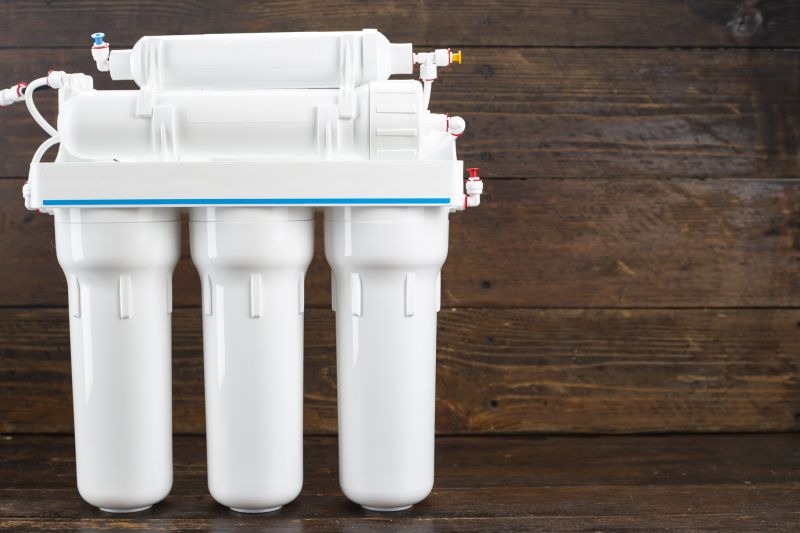
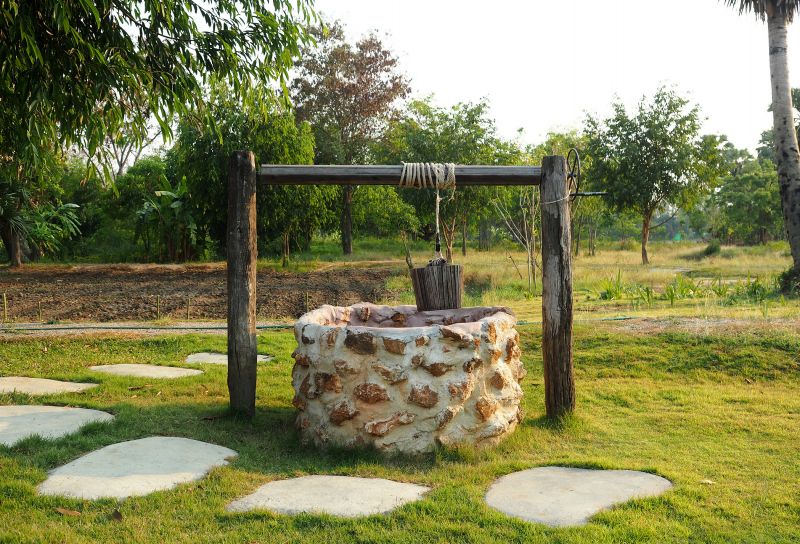
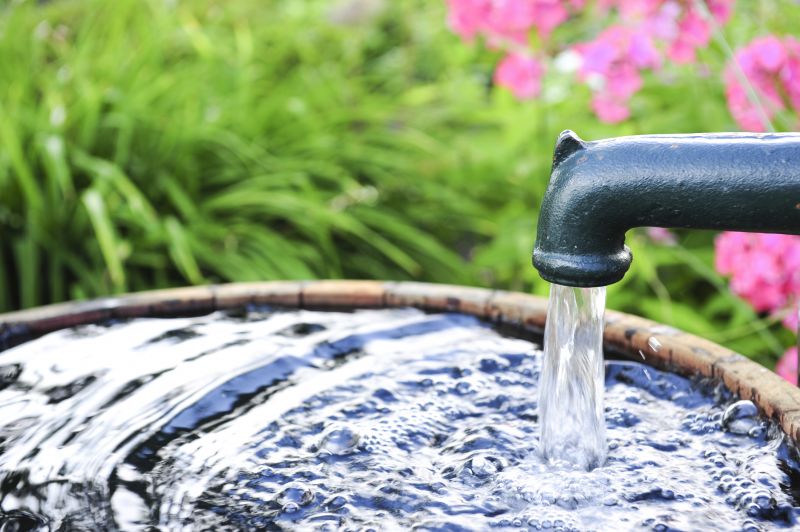
Well water testing services involve analyzing the quality and safety of water sourced from private wells. These tests typically examine various aspects of water, including contaminants, mineral levels, pH balance, and potential pollutants. By conducting thorough testing, homeowners can identify any issues that might affect the safety or taste of their water supply. Professionals use specialized equipment and laboratory analysis to provide an accurate assessment, helping homeowners understand whether their well water meets health and safety standards.
This service is essential for addressing common problems such as high levels of bacteria, nitrates, or other harmful substances that can pose health risks. It can also detect issues like excessive mineral content, which may cause staining, bad taste, or plumbing problems. Regular testing can help catch problems early before they become serious, ensuring that water remains safe for drinking, cooking, and other household uses. For homes that rely on well water, testing is a proactive step to maintain water quality and prevent potential health concerns.
Properties that typically use well water testing services include rural homes, farms, or properties outside municipal water systems. These are often homes with private wells that are not connected to city water supplies, making regular testing important for safety. Additionally, properties undergoing renovations or new construction may require testing to verify water quality before use. Even some suburban homes with private wells may choose to test their water periodically to ensure ongoing safety and quality, especially if they notice changes in water appearance, smell, or taste.
Homeowners should consider well water testing if they notice any signs of water quality issues, such as discoloration, foul odors, or unusual tastes. It is also recommended after significant weather events or nearby construction, which can introduce contaminants into the groundwater. Regular testing provides peace of mind by confirming that the water supply remains safe and clean. Local service providers are available to perform comprehensive testing and help interpret the results, guiding homeowners toward any necessary treatment or maintenance to keep their well water safe and reliable.
The overview below groups typical Well Water Testing projects into broad ranges so you can see how smaller, mid-sized, and larger jobs often compare in Boise, ID.
In many markets, a large share of routine jobs stays in the lower and middle ranges, while only a smaller percentage of projects moves into the highest bands when the work is more complex or site conditions are harder than average.
Basic Water Testing - many local contractors charge between $150 and $300 for routine well water tests that check for common contaminants like bacteria and nitrates. Most projects fall within this range, especially for standard testing needs.
Comprehensive Water Analysis - more detailed testing, including mineral levels and chemical contaminants, typically costs between $300 and $600. Larger or more complex testing jobs can reach $700 or more, though these are less common.
Well Inspection and Maintenance - routine inspections and minor repairs generally cost between $250 and $500. Larger repairs or system overhauls can range from $1,000 to $3,000 depending on the scope of work.
Full System Replacement - replacing an entire well system or installing a new water treatment setup can cost $4,000 to $8,000 or more. Such projects are less frequent and tend to be on the higher end of the cost spectrum.
Actual totals will depend on details like access to the work area, the scope of the project, and the materials selected, so use these as general starting points rather than exact figures.
Water Quality Testing - professionals who analyze water samples for contaminants and minerals, similar to well water testing processes.
Private Water Well Installation - contractors who design and install new water wells, requiring planning and knowledge of groundwater sources.
Well Pump Repair and Maintenance - service providers who work on well pumping systems, ensuring proper water flow and system functionality.
Water Filtration System Installation - specialists who set up filtration units to improve water quality, involving assessment and planning like testing services.
Hydrogeological Surveys - experts who study groundwater sources to determine well placement, similar in planning and analysis to water testing.
Water System Inspection Services - professionals who evaluate existing water systems for efficiency and safety, comparable to testing and analysis tasks.
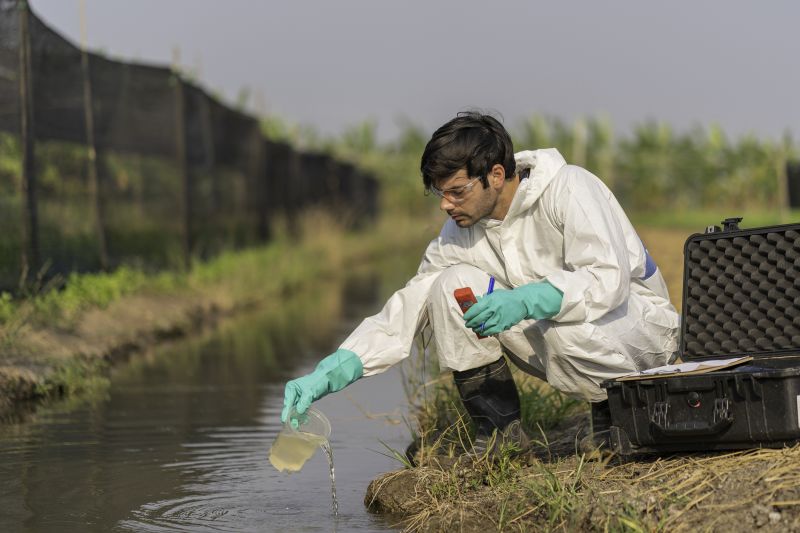
When comparing service providers for well water testing, it’s important to consider their experience with similar projects in the Boise, ID area. Homeowners should look for local contractors who have a track record of performing water testing for homes comparable in size, water source, or usage patterns. A provider’s familiarity with local water conditions and common concerns can be a valuable indicator of their ability to deliver accurate results and appropriate recommendations. Gathering information about their previous work in the community helps ensure that the chosen professional understands the specific challenges associated with well water in the region.
Clear and detailed written expectations are essential when evaluating potential service providers. Homeowners should seek out professionals who can provide a straightforward explanation of what the testing process involves, what types of tests will be conducted, and what the results will include. Having a written outline of the scope of work helps prevent misunderstandings and ensures everyone is aligned on what to expect. This clarity can also serve as a helpful reference throughout the project, making it easier to compare different providers based on the thoroughness and transparency of their communication.
Reputable references and strong communication skills are key factors in selecting a reliable well water testing provider. Homeowners are encouraged to ask for references from previous clients or to look for reviews that highlight the contractor’s professionalism and responsiveness. Good communication involves more than just answering questions; it includes listening carefully, providing clear updates, and addressing concerns promptly. Connecting with service providers who prioritize transparent, open communication and have positive feedback from past customers can lead to a smoother, more trustworthy experience during the water testing process.
Property owners in Boise, ID use Well Water Testing services for practical projects around their homes and businesses. This guide focuses on everyday jobs and straightforward project options.
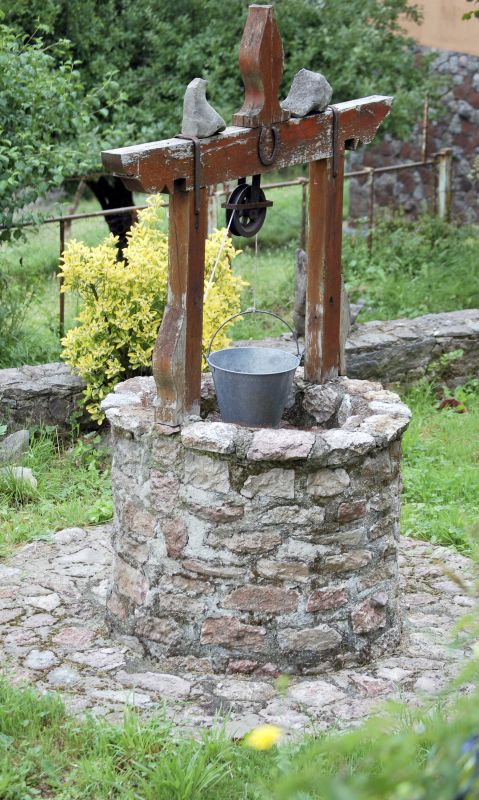
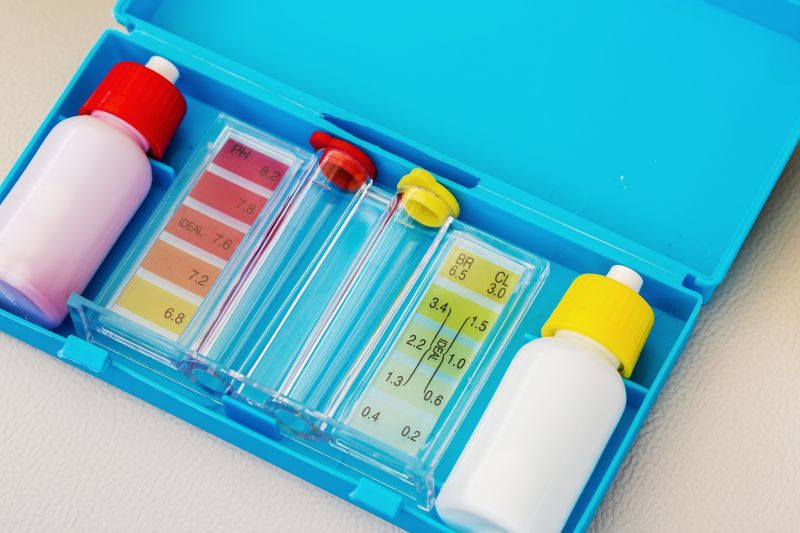
Property owners in Boise, ID may seek well water testing services when they notice changes in water quality, such as a strange taste, odor, or discoloration. These signs can indicate potential contamination or mineral buildup that might affect the safety and usability of their water supply. Additionally, new residents or those installing a well for the first time often look for testing services to ensure their water meets safety standards before use.
Homeowners and property managers might also consider well water testing after repairs, maintenance, or if they experience issues like sediment in the water or reduced flow. Regular testing can help identify any emerging problems early, providing peace of mind that their well water remains safe for daily use. Local contractors experienced in water testing can assist with these situations, helping property owners maintain a reliable and safe water supply.
What is well water testing? Well water testing involves analyzing a water sample to check for contaminants, minerals, and other substances that may affect water quality and safety.
Why should I consider well water testing? Testing helps identify potential health risks, ensures water quality, and determines if any treatment or maintenance is needed for your well system.
What types of tests are available for well water? There are tests for bacteria, nitrates, pH levels, heavy metals, and other common contaminants to assess overall water safety and quality.
How do local service providers perform well water testing? Local contractors typically collect water samples from your well and send them to certified laboratories for analysis, then provide results and recommendations.
Is well water testing necessary for all well owners? While not mandatory, regular testing is recommended to ensure your well water remains safe and to address any potential issues early on.
Well Water Quality Assessment - Property owners can use testing services to determine if their well water meets safety standards for daily use and consumption.
Contaminant Detection - Homeowners can identify potential pollutants or harmful substances in their well water to address health concerns.
Water Treatment Planning - Well owners can gather information to decide if water filtration or treatment systems are needed for better quality.
Maintenance and Monitoring - Property managers can schedule regular testing to ensure ongoing water safety and compliance with local regulations.

If you are thinking about Well Water Testing for a property in Boise, ID, this guide is meant to help you understand the work, the typical project types, and how different options might fit your plans.
When you are ready, you can use the quote form on this page to share a few details about your project. From there, local pros can review the basics and respond with options that match what you have in mind.



